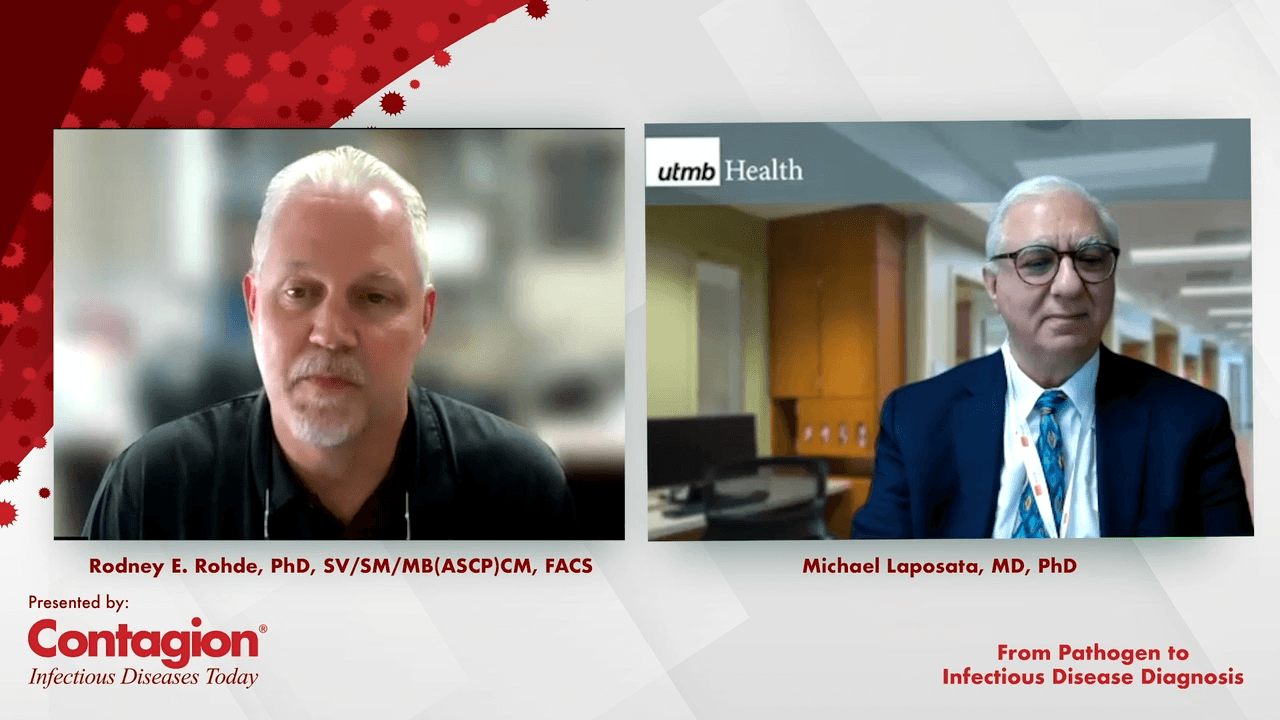## Will We Win This War? World Malaria Day 2025 Shows the Fight is Far From Over
The mosquito buzzes, a harbinger of a deadly threat. Each year, millions fall victim to the microscopic parasite that fuels malaria, a disease that has haunted humanity for centuries. World Malaria Day 2025 arrives, a grim reminder that despite progress, the fight against this ancient foe is far from won.

Overcoming Side Effects
Targeting the Apicoplast: A Novel Approach

Traditional antimalarial drugs often target the parasite’s digestive vacuole, leading to a range of side effects in patients. A recent breakthrough from the Indiana University School of Medicine offers a promising alternative: targeting the apicoplast, a unique organelle found in the malaria parasite.
This discovery, led by Sabrina Absalon, PhD, assistant professor of pharmacology and toxicology, uncovers a key structural feature in the apicoplast that is essential for parasite survival. As Dr. Absalon explains, “We are kind of bringing the idea that don’t forget that you can arrest and block the progress of a parasite by also blocking how organelles are dividing or placed in the cells because you’re changing the organelle communication.”
This approach has the potential to disrupt multiple stages of the parasite’s life cycle, including its growth in the liver and its transmission through mosquitoes. By focusing on a pathway unique to the parasite, researchers hope to minimize side effects experienced with current medications.
A Game Changer for Malaria Treatment
The potential impact of this discovery is significant. Dr. Absalon emphasizes that the apicoplast is present in all stages of the parasite’s life cycle. “This apicoplast is present in all the stages of the parasites, not the one only in the blood state, the one in the liver before you get sick. If we could kill it in your liver, you would never develop malaria,” she explains.
Targeting the apicoplast could therefore offer a more comprehensive and effective way to treat and prevent malaria. This new understanding of the parasite’s biology opens doors for the development of novel drugs with reduced side effects and the potential to interrupt transmission.
Challenges and Opportunities in Malaria Control
The Funding Gap: A Critical Issue
Despite significant progress in the fight against malaria, funding for research and control programs has been declining in recent years. This trend poses a serious threat to global malaria eradication efforts.
Dr. Absalon underscores the urgency of sustained investment: “I really fear that a lot of soldiers will be at risk and a lot of American citizens and a lot of children. This is a disease that kills mostly children under five. So I’m really calling for people and senators to really fight for not losing that funding and other funding for science because, as you said, it’s the discovery of Ed Boyden in MIT working on the neuroscience field that gave a tool to a lot of other scientists to study their questions to save lives. And so I really hope you can understand that we need more research.”
The Role of Technology: Innovations on the Horizon
Technological advancements offer powerful tools for enhancing malaria control efforts. Innovations in diagnostics, surveillance systems, and delivery mechanisms are playing a critical role in the fight against malaria.
- Rapid Diagnostic Tests (RDTs): These portable tests provide quick and accurate results, enabling prompt treatment and reducing disease transmission.
- Smartphone-based Diagnostics: Gamestanza has reported on the development of smartphone apps that can analyze blood samples and detect malaria parasites, expanding access to diagnosis in remote areas.
- GPS-enabled Mosquito Traps: Researchers are utilizing GPS technology to track mosquito populations and deploy traps in high-risk areas, interrupting transmission cycles.
- Drone Delivery Systems: Drones are being explored as a means of delivering antimalarial drugs and other essential supplies to remote and hard-to-reach communities.
- Strengthening Health Systems: Investing in healthcare infrastructure, training healthcare workers, and ensuring access to quality care are crucial for effective malaria control.
- Community Engagement: Empowering communities to participate in prevention and control efforts is essential for long-term success.
- Equitable Access to Resources: Addressing disparities in access to healthcare, education, and economic opportunities is critical for reducing malaria’s burden on vulnerable populations.
Building a Sustainable Future: A Collaborative Effort
Eradicating malaria requires a multi-pronged approach that involves global collaboration, community engagement, and equitable access to resources.
Gamestanza’s Call to Action
Raising Awareness: World Malaria Day 2025
World Malaria Day 2025 serves as an important reminder of the global commitment to eradicating malaria. Gamestanza encourages our readers to learn more about the disease, its impact, and the ongoing efforts to control it.
By raising awareness and sharing information, we can contribute to a collective effort to end this devastating disease.
Supporting Research and Innovation
Continued investment in research and development is essential for discovering new and innovative tools to combat malaria. Gamestanza supports organizations and initiatives dedicated to advancing malaria research and development.
Consider donating to organizations like the Bill & Melinda Gates Foundation, the World Health Organization, or the Malaria Research Institute to contribute to the fight against malaria.
Taking Personal Action
Even small actions can make a difference in the fight against malaria. Here are some ways you can contribute:
- Educate yourself and others about malaria. Share information on social media and with your friends and family.
- Support malaria prevention and control programs in your community and around the world.
- Advocate for increased funding for malaria research and control. Contact your elected officials and urge them to prioritize this critical issue.
Conclusion
As we navigate World Malaria Day 2025, the urgency to combat this persistent threat remains paramount. ContagionLive’s exposé starkly illuminated the ongoing challenges: insecticide resistance, dwindling funding, and the emergence of new malaria strains. While remarkable strides have been made in reducing malaria mortality, complacency is a dangerous foe. The article’s detailed examination of these barriers, coupled with the potential for future outbreaks fueled by climate change and population migration, paints a sobering picture. The fight against malaria demands a multifaceted approach, encompassing innovative diagnostics, targeted treatments, and strengthened public health infrastructure.
The implications of failing to address these challenges are dire. Malaria, a disease often overlooked in the developed world, continues to claim hundreds of thousands of lives annually, predominantly children in resource-limited settings. We must remember that behind the statistics are real people, families torn apart by this preventable disease. ContagionLive’s insightful analysis serves as a wake-up call, urging us to prioritize research, bolster global collaboration, and ensure equitable access to life-saving interventions. The future of malaria control hinges on our collective commitment to eradicate this disease once and for all.
This World Malaria Day, let us not merely acknowledge the problem, but ignite a global movement fueled by innovation, compassion, and unwavering resolve. The time to act is now, before the shadows of malaria engulf another generation.